As extreme weather events like wildfires, ice storms, and hurricanes become more frequent due to climate change, long-term power outages are becoming a real concern.
This raises the urgency for homeowners to consider alternative power sources to safeguard their families and properties. One reliable solution is a home battery storage system.
How Do Home Battery Storage Systems Work?
Home battery storage, often referred to as Battery Energy Storage Systems (BESS), is crucial for transitioning from fossil fuels to renewable energy sources like solar and wind. These systems capture and store renewable energy, making it accessible whenever there’s a high demand.
BESS allows you to use energy at a time different from when it was generated, enhancing power quality and system resilience.
Key Functions
Home battery storage connects to the electric grid and your home’s electrical system, performing mainly two roles:
- Charging – The system stores energy either from your home’s solar setup or from the grid when electricity rates are low.
- Discharging – This stored energy can be utilized when grid electricity is expensive, during nighttime if you have a solar setup, or in case of a power outage.
Components
- Battery – Lithium-ion batteries are commonly used due to their light weight, high energy density, and rechargeability. These are far more advanced than typical household batteries.
- Inverter – This device converts the direct current (DC) stored in the battery to the alternating current (AC) used by your home and the grid.
- Wiring and Configuration – You can set up your battery to either power your entire home or just essential devices during an outage.
- Software – Most home battery systems come with energy management and communication software that automatically controls charging and discharging based on energy costs and usage patterns.
Why Use a Home Battery Storage System?
- Reduced Grid Dependence – With a home battery, you can maintain power for essential devices like medical equipment and refrigerators during an outage.
- Cost Savings – Automated software can charge the battery when energy is cheap and discharge it when prices spike, reducing your electricity bill.
- Environmental Impact – Using stored renewable energy lowers your carbon footprint.
In summary, home battery storage systems offer a secure, cost-effective, and sustainable way to keep your home powered, especially in times of unexpected outages.

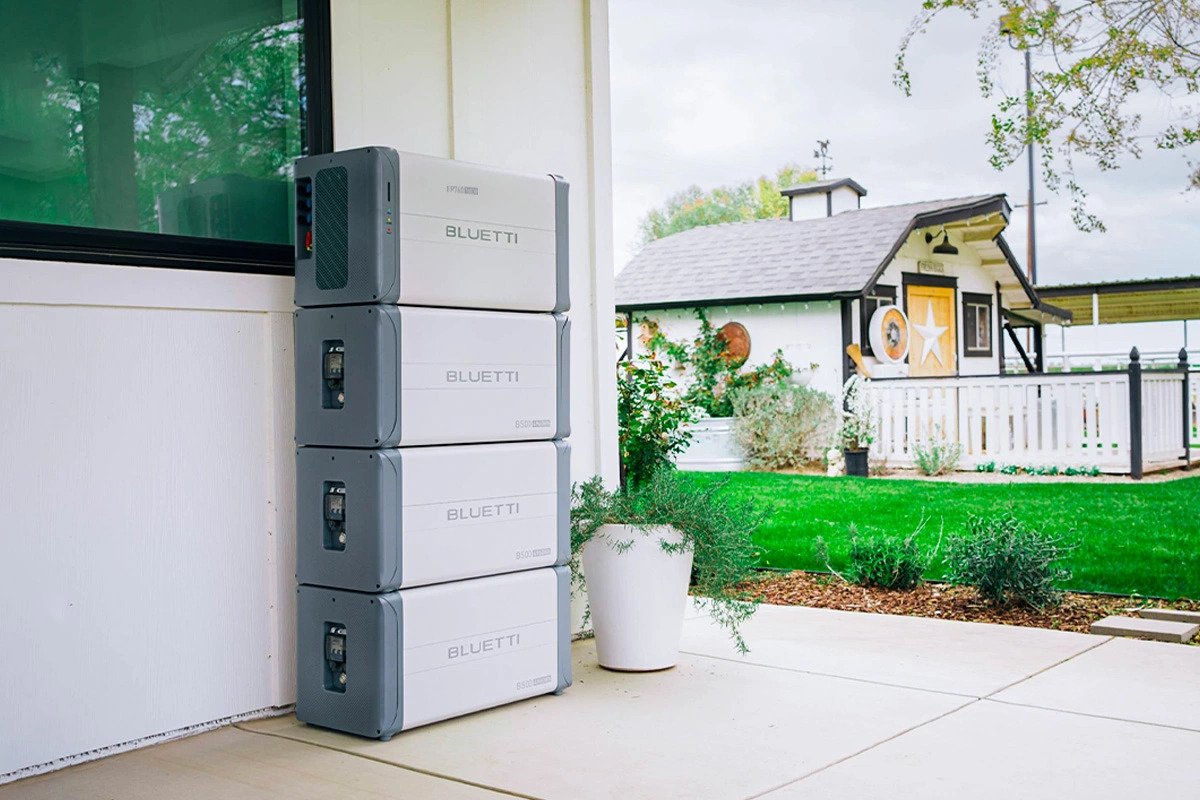
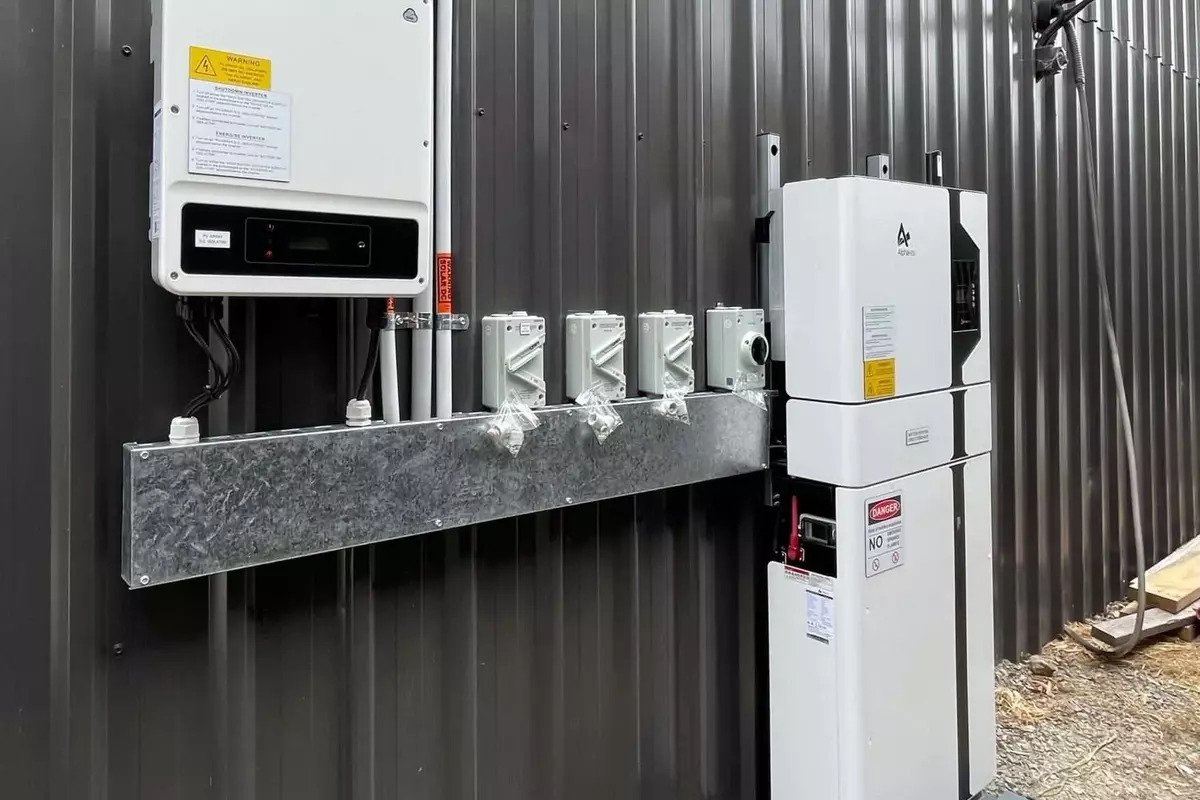
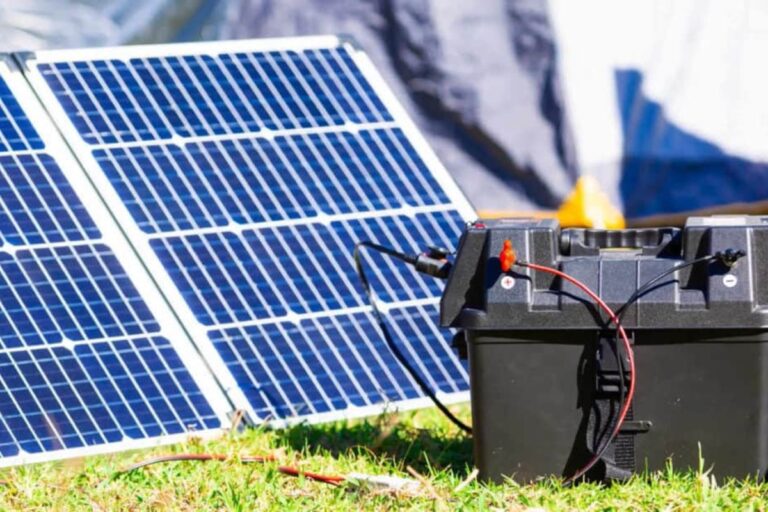
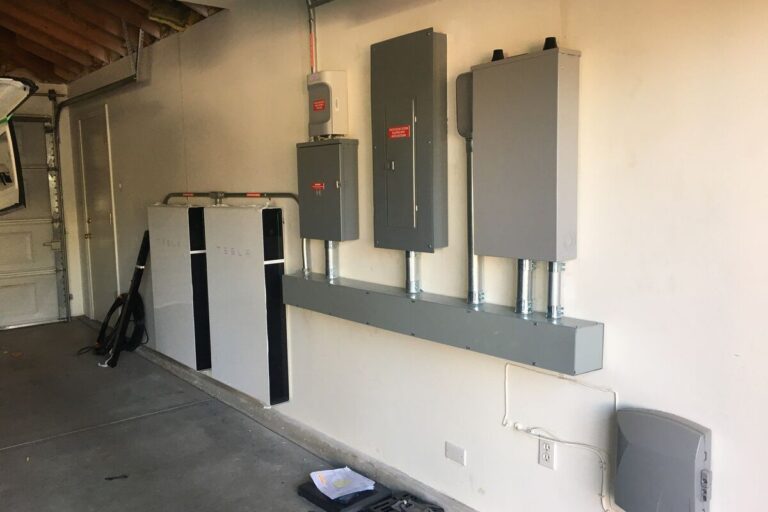
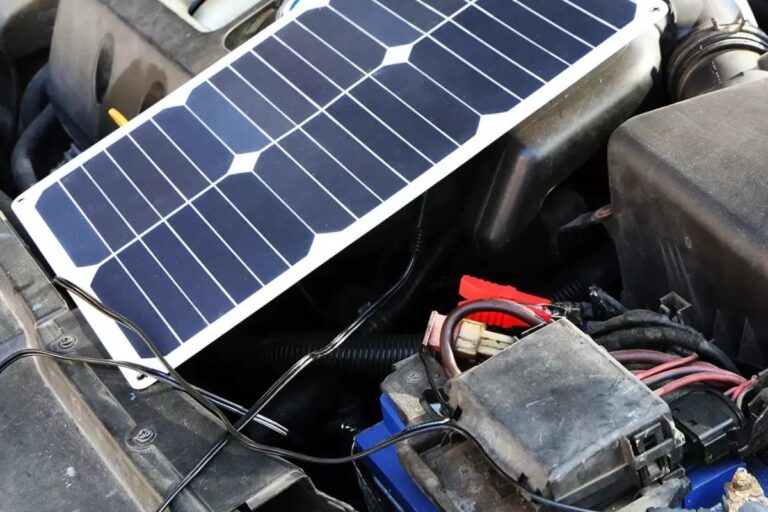
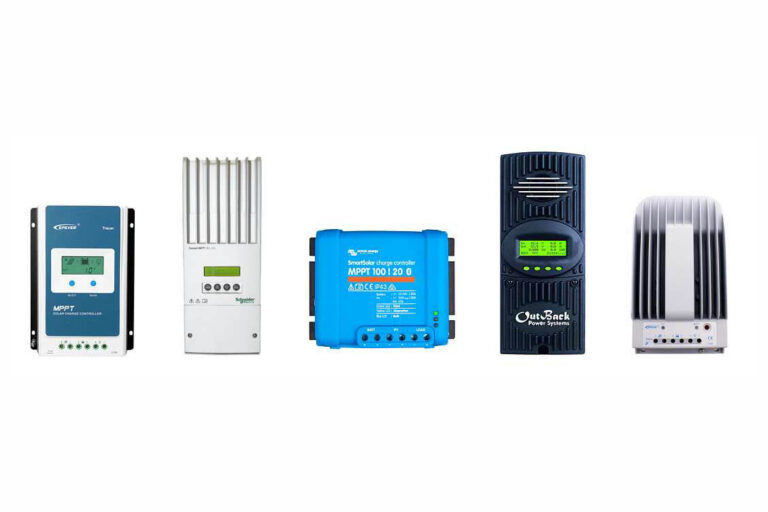
+ There are no comments
Add yours